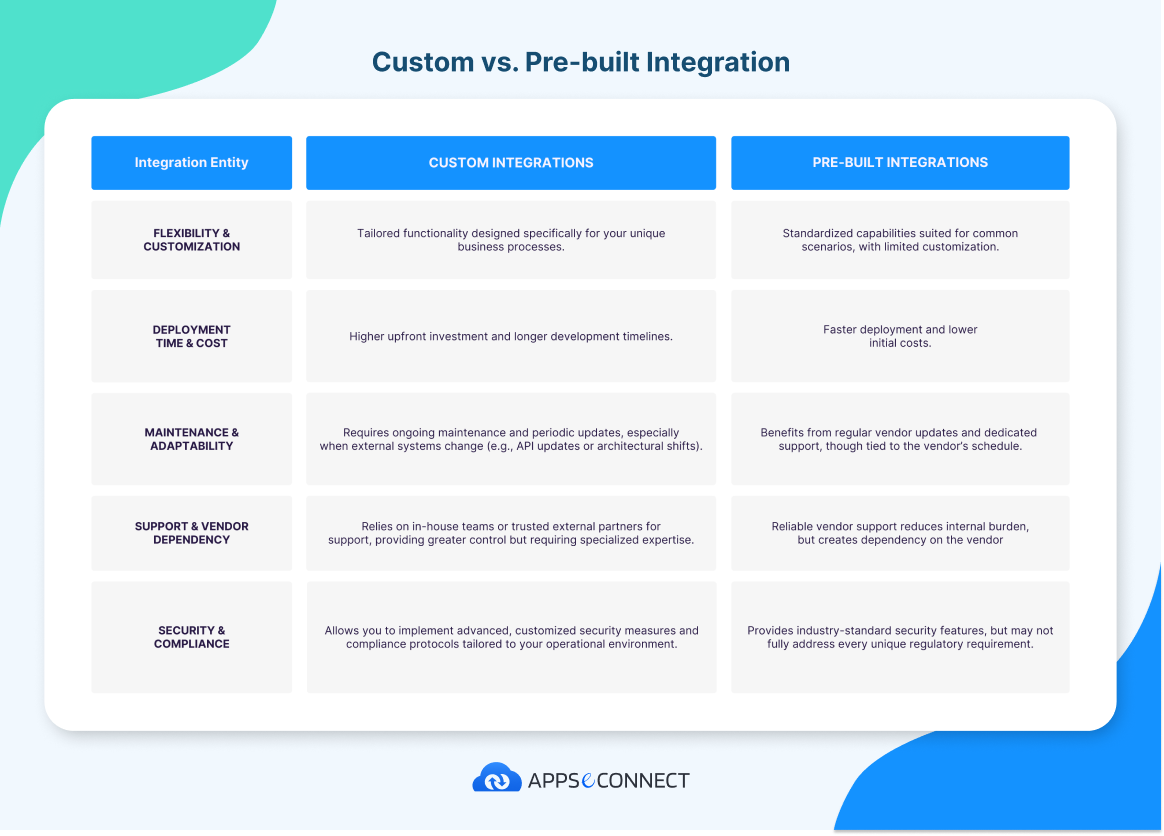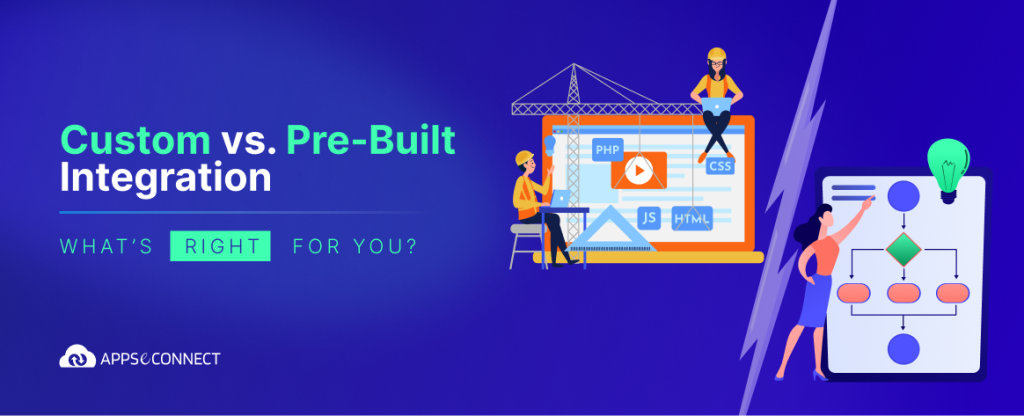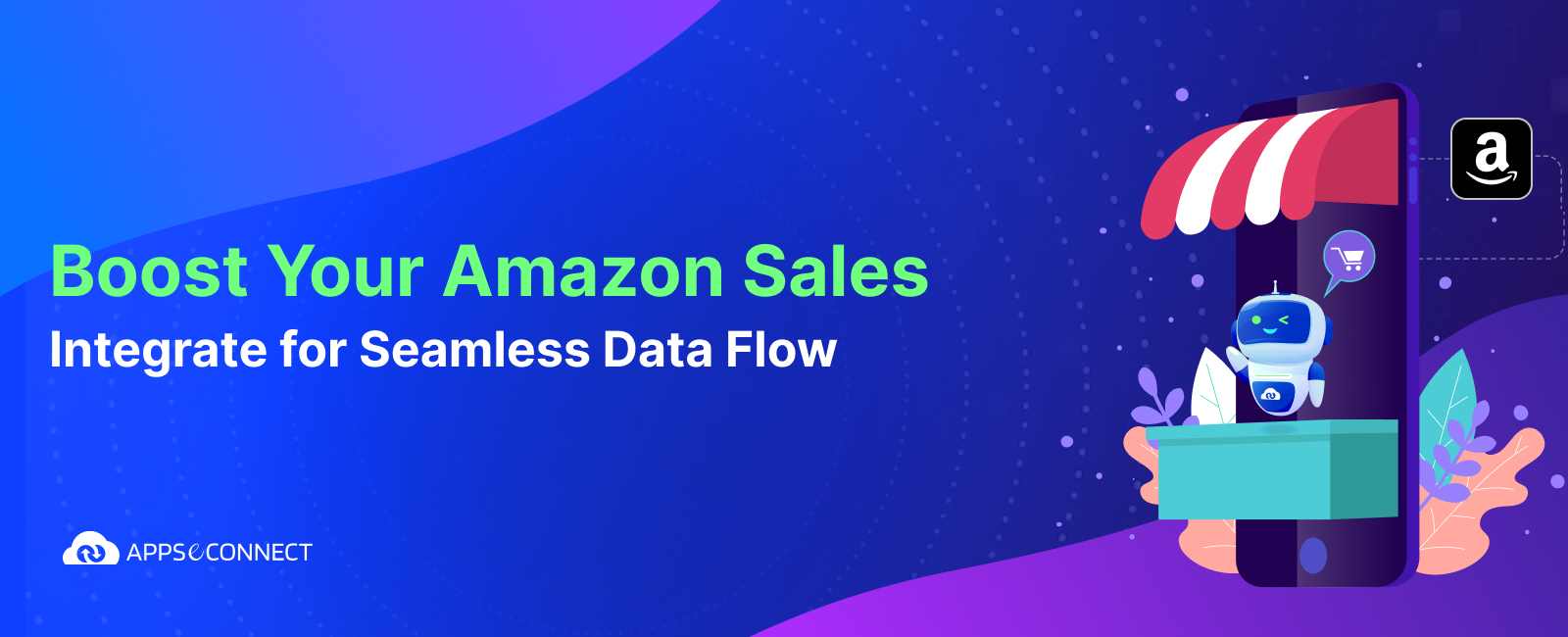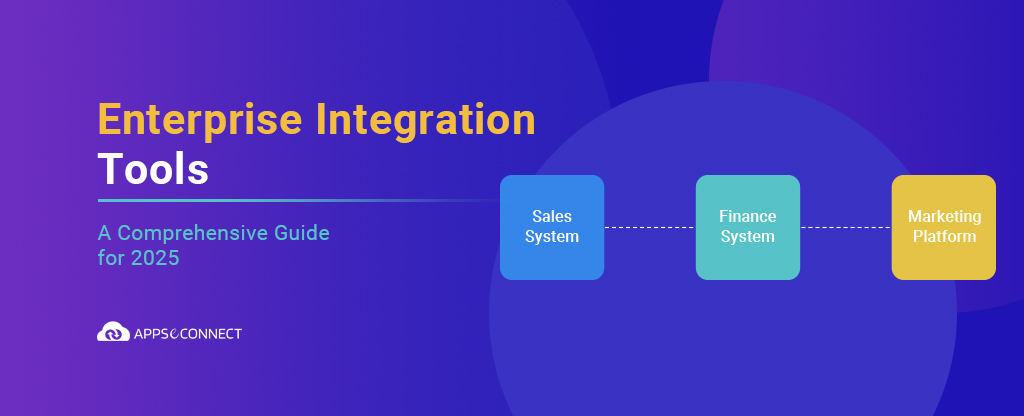When you’re considering how to integrate your systems, you might find yourself weighing the benefits of a custom solution against a pre-built one.
Custom integrations can be tailored to meet your specific business requirements, offering the flexibility you might need for long-term growth. However, if you’re looking for a faster deployment with proven reliability, a pre-built integration might be the right choice for you.
Let’s explore how each option aligns with your business objectives and technical capabilities.
Understanding System Integrations
Integrations are the connectors that ensure your systems communicate effectively, enabling data and processes to flow smoothly across your organization. They remove the barriers between isolated tools, ensuring that information is shared seamlessly and operations run without unnecessary friction. By connecting your applications, you can reduce manual data entry, eliminate redundancies, and make your overall workflow more efficient.
At their core, integrations empower you to get the most out of your technology investments. They allow your systems to work together as a unified whole, giving you better visibility and control over your operations. With this foundation, you’re better positioned to evaluate whether a custom or pre-built integration is the right fit for your business objectives and technical capabilities
Custom-Developed Integrations
Custom-developed integrations are crafted specifically to address your unique business requirements. This approach offers the flexibility to design and tailor every aspect of how your systems connect and communicate, ensuring the integration aligns perfectly with your workflows, data processes, and operational needs. With a custom solution, you can incorporate specialized features, security protocols, and data handling methods that standard, off-the-shelf products might not support.

Key Benefits:
Tailored Functionality: Every element of the integration can be designed to match your exact business processes, ensuring a perfect fit.
On-Prem and Legacy System Connectivity: Custom integrations are useful to connect modern applications with your on-premise or legacy systems, enabling you to extend the life and value of existing technology investments.
Enhanced Security and Compliance: You have the freedom to implement advanced security measures and compliance protocols that are specifically designed for your operational environment.
Challenges of Custom Integrations
Custom integrations come with their own set of challenges which businesses should consider.
Higher Upfront Investment: Custom integrations typically require a significant initial investment in development resources and time.
Longer Development Timelines: Designing, building, and thoroughly testing a custom solution takes more time compared to deploying a pre-built option.
Ongoing Maintenance: As your business evolves or external systems change (such as API updates or architectural shifts), your custom integration may require adjustments or even a complete overhaul.
Specialized Expertise: Implementing a custom solution demands access to specialized skills, either through an in-house team or a trusted external partner.
When to Opt for a Custom-Developed Integration?
If your business faces unique challenges that off-the-shelf solutions can’t address, or if you need to connect disparate systems—including legacy or on-premise applications—a custom integration may be the optimal choice.
Despite the higher initial effort and potential need for ongoing updates, the tailored functionality and enhanced connectivity can make a significant difference in meeting your operational goals.
Pre-Built Integrations
Pre-built integrations are off-the-shelf solutions designed to quickly connect your systems with minimal customization. You will find these types of integrations readily available through various iPaaS solutions. These integrations come pre-configured to work across a range of common scenarios, allowing you to deploy them rapidly and efficiently.

Key Benefits
Fast Deployment: Pre-built integrations can be implemented swiftly, enabling you to connect your systems without lengthy development cycles.
Cost Efficiency: With lower upfront costs compared to custom solutions, these integrations help you manage your budget effectively while still delivering reliable connectivity.
Proven Reliability: Tested across various environments, pre-built integrations offer dependable performance, reducing the likelihood of unexpected issues.
Vendor Support: Benefit from ongoing vendor updates and dedicated support, which can help ensure that your integration remains up-to-date as external systems evolve.
Challenges of Pre-Built Integrations
Again, even pre-built integrations pose some challenges such as:
Limited Customization: Off-the-shelf solutions may not perfectly align with your unique business processes, potentially leaving gaps in functionality.
Scalability Concerns: As your business grows, the one-size-fits-all nature of pre-built integrations may require extra adjustments to handle increased complexity or evolving requirements.
Integration Gaps: Standardized features might not cover every nuance of your workflow, necessitating additional workarounds or tweaks.
When to Opt for a Pre-Built Integration?
If you need a fast, cost-effective solution that minimizes setup time and leverages proven functionality, a pre-built integration could be the right choice.
This approach is ideal when your business has standard integration needs, and you value the support and ongoing updates provided by an established vendor.
Factors to Consider When Choosing Between Custom Integrations vs. Pre-built Integrations
Before deciding on an integration approach, it’s important to evaluate several key factors that directly influence how well a solution will serve your business. These considerations will help you assess whether a custom solution or a pre-built integration aligns with your needs:
Flexibility and Customization
Consider how unique your business processes are. Custom integrations can be designed to fit your specific workflows and requirements, while pre-built solutions offer standardized features that may require you to adapt your processes.
Deployment Time and Cost
Assess your timeline and budget. Pre-built integrations are typically faster to deploy and come with lower upfront costs. In contrast, custom integrations demand a higher investment in both time and money to create a solution tailored to your operations.
Maintenance and Adaptability
Think about the long-term support of your integration. Custom integrations might need ongoing adjustments or even a complete overhaul when external systems change, whereas pre-built options benefit from regular vendor updates, albeit with less flexibility.
Support and Vendor Dependency
Evaluate your internal resources and expertise. With a custom integration, you rely on your own team or trusted partners for maintenance and updates. Pre-built integrations, however, offer vendor support, which can reduce your internal workload but also means you depend on their update cycles and roadmap.
Security and Compliance
Determine your specific regulatory and security requirements. Custom integrations allow you to implement advanced, bespoke security measures, while pre-built solutions generally provide industry-standard security that might not address every unique compliance need.
With these factors in mind, you can now see how each approach measures up. The following comparative analysis outlines these differences side by side, providing a clear framework to help you decide which integration strategy best fits your business objectives and technical capabilities.
Comparative Analysis: Custom Integrations vs. Pre-Built Integrations
Based on the above factors, here’s a head-to-head comparison of custom-developed and pre-built integrations.

APPSeCONNECT – The Ideal Integration Solution
Custom integrations offer the tailored functionality you might need—but they often come with high costs and lengthy development cycles, making them ideal mainly for businesses with legacy systems or very unique requirements.
In contrast, pre-built integrations are popular across businesses of all sizes for their rapid deployment and cost efficiency, though their limited customization can sometimes leave you wishing for more flexibility.
But modern business demands both the flexibility of custom integrations and the convenience of pre-built solutions—but you shouldn’t have to choose between the two. APPSeCONNECT offers the ideal integration platform that delivers the best of both worlds, eliminating the compromises typically associated with each approach.
Our platform features a robust library of pre-built integration templates for rapid deployment, while also providing a visual builder that empowers you to tailor these templates or create entirely new integrations with ease. And when your needs extend beyond self-service customization, our in-house development team is ready to build advanced solutions that perfectly align with your unique requirements.
Key benefits of our approach include:
- No Compromise on Functionality
Enjoy the speed and reliability of pre-built integrations alongside the flexibility to customize and extend functionality as your business evolves.
- Effortless Customization
Use our intuitive visual builder to modify existing templates or develop new integrations, ensuring your systems work exactly as you need them to.
- Advanced Support When Needed
For complex scenarios, leverage the expertise of our in-house development team to create tailor-made integrations that address even the most unique challenges.
With APPSeCONNECT, you don’t have to settle for less. Experience a unified platform that adapts to your operational demands, allowing you to scale your integrations seamlessly. Try a demo or sign up for a free trial to see how APPSeCONNECT can transform your connectivity strategy.
Conclusion
Deciding between a custom integration and a pre-built solution involves weighing several key factors—customization, deployment time, cost, ongoing maintenance, and support.
Custom integrations offer tailored functionality and the ability to connect legacy systems, but they often require a higher initial investment and continuous updates. On the other hand, pre-built integrations provide rapid deployment and vendor support at a lower upfront cost, though they might not fully accommodate unique business requirements.
Both serve different use cases, but for businesses that don’t prefer to compromise between speed and flexibility, APPSeCONNECT’s integration platform becomes the ideal choice.
Frequently Asked Questions
A custom integration is developed specifically to meet your unique business requirements, ensuring every aspect of the connection aligns with your processes. In contrast, a pre-built integration is an off-the-shelf solution designed for rapid deployment and standard functionality, which may require you to adapt your existing processes.
Opt for a custom integration if your business has unique or complex workflows, particularly if you need to connect legacy or on-premise systems that standard solutions cannot adequately address. If your requirements are more general and speed-to-market is a priority, a pre-built integration might be a better fit.
Custom integrations generally require a higher initial investment and a longer development timeline due to their tailored nature. Pre-built integrations offer a more cost-effective, quicker solution with lower upfront costs, though they might incur additional costs if further customization is needed later.
Custom integrations often require ongoing maintenance and periodic updates, especially when external systems change their APIs or undergo major updates. Pre-built integrations typically come with vendor support and regular updates, but they may be less flexible when adapting to unique changes in your environment.
With custom integrations, you can implement security measures and compliance protocols specifically tailored to your operational environment. Pre-built integrations usually include industry-standard security features, though they might not cover all your unique regulatory requirements.
Absolutely. Modern integration platforms, like APPSeCONNECT, are designed to offer the convenience of pre-built templates along with the flexibility to customize or create new integrations as needed. This approach allows you to enjoy rapid deployment while also having the option to tailor integrations to your specific needs over time.




















